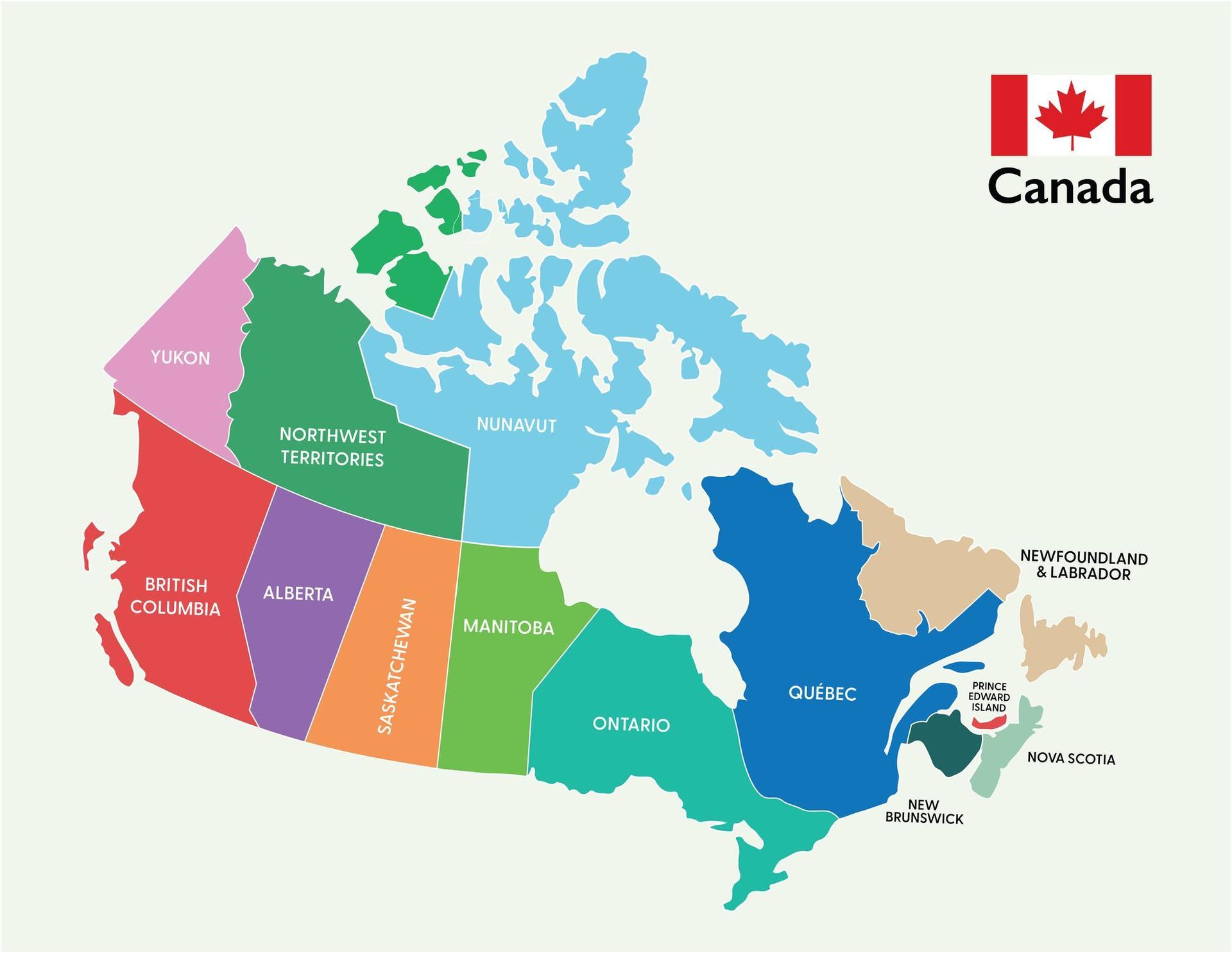Exploring Subspecialties in Respiratory Medicine: Global Career Pathways for Physicians
Respiratory medicine is one of the most intellectually dynamic and rewarding specialties in modern medical practice, integral to the management of pulmonary pathologies, which still remain some of the leading causes of morbidity and mortality worldwide.
The demand for specialist respiratory physicians continues to rise across hospitals, universities, and research centres internationally. For those pursuing careers in this field and seeking overseas opportunities, understanding the breadth of subspecialty options can help define your career path and position you for consultant or senior specialist roles in high-demand markets.
The Scope of Respiratory Medicine
Respiratory Medicine is already a subspeciality of Internal or General Medicine. In the UK, as in most jurisdictions, respiratory physicians start postgraduate specialist training in internal medicine completing the basic and intermediate training levels before electing to "sub specialise" in respiratory medicine, pursuing advanced or fellowship training in this specialised area of medical practice.
Within most jurisdictions respiratory medicine is a recognised scope of medical practice, secondary to the primary scope of internal medicine. However some jurisdictions such as New Zealand do not have a registration pathway for respiratory medicine physicians who must therefore register under the scope of internal medicine.
This field of respiratory medicine is a large one as respiratory disease is common worldwide and remains a significant cause of morbidly and mortality. From the routine management of asthma to the treatment of severe conditions including pulmonary malignancy and pneumonia, the respiratory physician has a busy case load ranging from the chronic and mundane to the acute and esoteric.
The speciality is not insular and interacts with a broad array of other medical specialities which include intensive care medicine, general internal medicine, gastroenterology, occupational medicine, ENT surgery, transplant surgery, sleep medicine and public health medicine. It increasingly uses interventional procedures, particularly minimally invasive ones.
The increasing complexity of the speciality prompted the British Thoracic Society (BTS) to suggest that some areas of respiratory medicine required advanced or “super-specialist” training to focus on the management of some problematic pathologies or highly technical interventional procedures.
Core Subspecialties in Respiratory Medicine
The BTS has identified a wide range of subspecialty fields within Respiratory Medicine which require distinct technical competencies and specialised training to optimise patient management. These include:
Asthma: Whilst primary care services can manage most cases of chronic asthma, severe and refractory asthma management requires specialist oversight and treatment with biologic therapies in tertiary hospital settings.
Bronchiectasis: Primary care services can manage most cases of chronic bronchiectasis but specialised management is essential for chronic airway infection and airway clearance interventions.
Chronic Cough: Specialist respiratory physicians are often referred patients with persistent symptoms which have failed to respond to standard treatments. Diagnostic integration and treatment plans with ENT Surgeons and gastroenterologists are common.
Chronic Obstructive Pulmonary Disease (COPD): Advanced cases require specialist management with medication, oxygen, ventilation and sometimes surgical intervention.
Cystic Fibrosis (CF): Transition to adult services often requires specialist treatment to maintain airways, treat infections and prevent complications.
Interstitial Lung Disease (ILD): Interstitial Lung Disease (ILD) is often diagnosed with significant lung limitation and tertiary care involves supportive care to reduce morbidity, pharmacologic treatments, and supportive non-pharmacologic interventions like pulmonary rehabilitation, supplemental oxygen, and palliative care.
Interventional Pulmonology: Minimally invasive bronchoscopic and pleural procedures for complex thoracic conditions, such as central airway obstruction, benign and malignant lung diseases, and pleural effusions. Techniques include advanced bronchoscopy (EBUS and robotic bronchoscopy), endobronchial thermal therapies (laser, cryotherapy, argon plasma), airway stenting, and medical thoracoscopy.
Long Term Ventilation: The treatment planning and management of specialised care for patients who are not being weaned from ventilation in an intensive care setting and have chronic respiratory failure.
Occupational Lung Disease: The assessment and management of occupational related respiratory disorders focused on managing established, symptomatic disease to reduce complications and consequences
Pleural Disease: Tertiary management of pleural disease is required when standard approaches fail for the management of persistent and malignant pleural effusions and air leaks.
Pulmonary Vascular Disease: Tertiary management of pulmonary vascular disease (PVD) involves pharmacological and procedural intervention ranging from balloon pulmonary angioplasty or atrial septostomy for specific types of PVD to lung transplantation.
Pulmonary Oncology: Respiratory physicians work with a dedicated tertiary care team of thoracic surgeons, medical oncologists, radiation oncologists, pathologists, radiologists, and palliative care physicians providing targeted treatment, radiotherapy and surgery.
Sleep Medicine: Respiratory physicians play a crucial role in sleep medicine by diagnosing and treating breathing disorders which occur during sleep, typically obstructive sleep apnea (OSA) and hypoventilation syndromes.
Tobacco Dependency: Respiratory physicians play a crucial role in treating tobacco dependence, which is a major risk factor for respiratory conditions with smoking cessation programmes and preventive health strategies.
Tuberculosis (TB): Respiratory physicians are central to tuberculosis (TB) treatment, with global and public health roles in its prevention, diagnosis, and control.
Additional training in these fields can be undertaken in tertiary medical facilities as fellowships with an average of 6-12 months duration.
Global Demand for Respiratory Subspecialists
Healthcare organisations around the world have strong demand for respiratory physicians in both secondary and tertiary level hospital facilities. The job descriptions should detail the specific skills and experience required including the ability to perform complex interventional procedures. In some secondary level hospitals, the practice of respiratory medicine is combined with general medicine. In tertiary hospitals, an exclusive scope of practice in respiratory medicine is usual, often combined with expertise in one or more of the above fields.
The table below lists the common fields of expertise within respiratory medicine and the typical opportunities available across the regions of the world. This information is useful for physicians planning an international career or time spent overseas as part of a sabbatical.
| Subspecialty | High Demand Regions | Typical Opportunities |
|---|---|---|
| Asthma / COPD | Australia, New Zealand, Canada, Middle East | Consultant roles in chronic disease management and integrated respiratory services |
| Bronchiectasis & Chronic Cough | United Kingdom, Ireland, Singapore | Tertiary care clinics and multidisciplinary centres |
| Cystic Fibrosis (CF) | Australia, New Zealand, Canada, UK | Adult CF services, transitional care, and clinical research |
| Interstitial Lung Disease (ILD) | UK, Australia, Scandinavia, Gulf States | Specialist ILD units and tertiary hospitals |
| Interventional Pulmonology | Australia, Canada, Saudi Arabia, Singapore, UAE | Tertiary level hospitals |
| Pleural Disease | UK, Australia, New Zealand | Tertiary hospitals, rapid access pleural services |
| Sleep Medicine | Australia, Canada, UAE, Saudi Arabia, Singaport | Sleep Medicine Centres |
| Pulmonary Vascular Disease | UK, German, Canada, UAE, Saudi Arabia | Pulmonary Hypertension Referral Centres |
| Pulmonary Oncology | Australia, Canada, UK, Singapore, UAE, Saudi Arabia | Tertiary level oncology departments |
| Occupational Lung Disease | Australia, Canada, Scandinavia, UK | Industrial and Occupational Health Programs |
| Tuberculosis and Infections | Global Health NGOs, Africa, Asia, Middle East | Public Health and Infectious Diseases Progams |
| Tobacco Dependency | Public Health Agencies Globally | Population Prevention Programs and Research |
| Pulmonary Ventilation | Australia, Canada, Singapore, Middle East | Intensive Care and High Dependency Units |
Applying for Respiratory Medicine Jobs
A specialist respiratory medicine physician seeking an international practice opportunity should first determine career and lifestyle goals. Jobs in secondary level hospitals usually require some internal medicine practice, even if just on call acute work. Tertiary level hospitals require expertise in one or more areas of the speciality. Your own preferred scope of practice, as well as interests in clinical research, public health initiatives, medical education and clinical service development should point you towards the appropriate selection of jobs.
Further subspecialist training in one or more areas of respiratory medicine enhances clinical capabilities and global employability. Physicians with fellowship or research experience from recognised centres in the UK, Ireland, North America, Western Europe or Australasia are highly sought after for consultant-level posts worldwide in hospitals, public health organisation and NGOs. Additional expertise in clinical service design, multidisciplinary leadership, procedural innovation or public health further strengthens candidacy for international recruitment.
Locations
Americas
- Canada offers attractive fee for service opportunities
- Caribbean and Bermuda offer positions in secondary level hospitals with limited options for advanced tertiary level practice.
Asia Pacific Region
- Australia and New Zealand employ respiratory physicians on a salaried basis with additional allowances for
continuing professional development and relocation. Combined with generous leave allowances and opportunities for teaching and research, these are attractive options.
- Singapore and Hong Kong provide technologically advanced healthcare environments with competitive remuneration and academic career progression
The Middle East
- The UAE, Saudi Arabia, Qatar continue to expand their healthcare infrastructure, with strong demand for interventional pulmonology and sleep specialists.
Take the Next Step
If you are a respiratory medicine physician seeking to expand your career internationally, Odyssey Recruitment offers access to high-quality roles across Australia, New Zealand, Canada, the Gulf States, and beyond.
Register your CV | Browse current respiratory medicine vacancies | Contact our medical recruitment team for advice on international registration, visa pathways, and relocation support.
10 October 2025
Share this post on Social Media


















